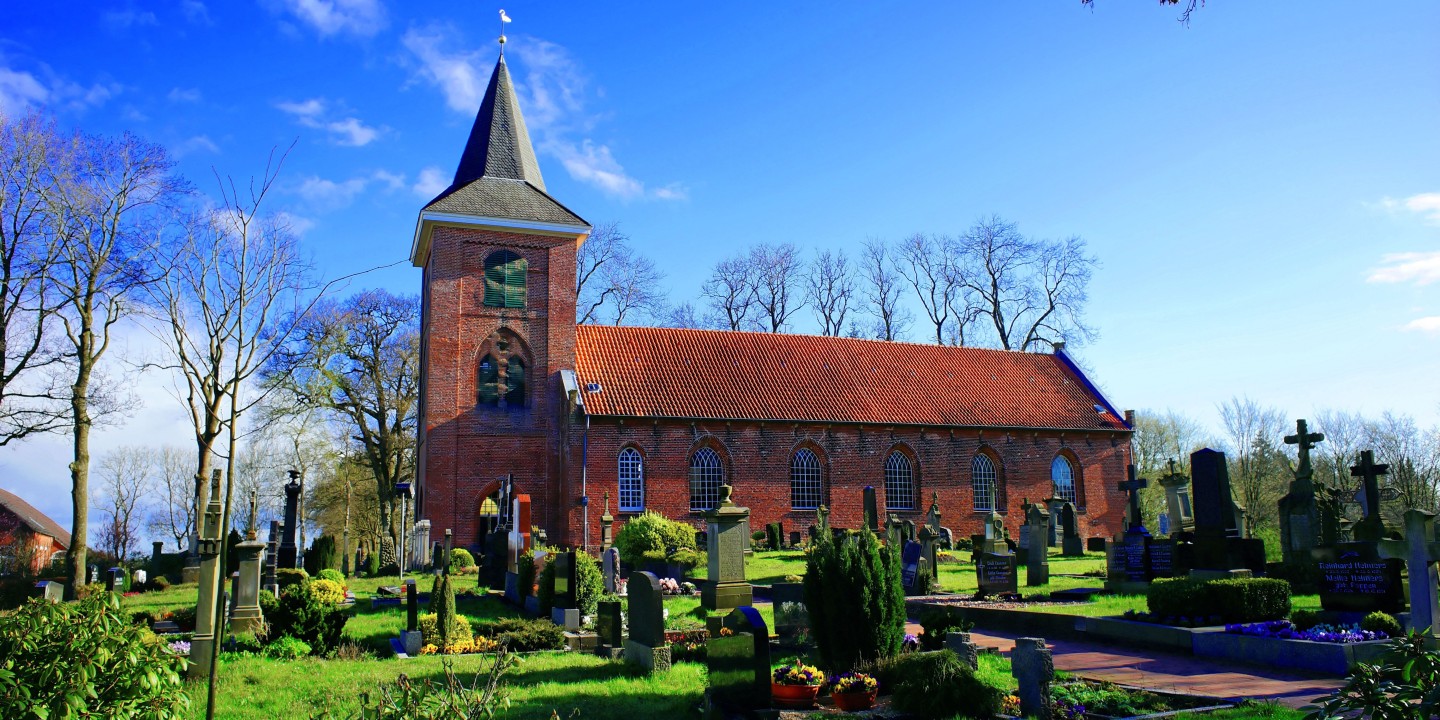A call to death
One gift of being a pastor is that death stands right in front of us. We understand that our days are numbered.

Last week, I was at the University of Dubuque Theological Seminary, where I’m co-teaching a D.Min. course. We thought a lot about generational issues, from birth to death. Our reading was diverse, as we looked at what different people thought about children—from Augustine of Hippo, to John Calvin, to Ta-Nehisi Coates. And we thought about the end of life, reading about ancient Romans and modern neurologists.
The books were fascinating, and there was the added bonus that in the second year of our cohort, the class does most of the teaching, so I got to sit back and enjoy the material more. One of the most interesting books was Being Mortal, which reminded me of the importance of having a life of meaning, right until the end. There were many things that stuck with me as I have put down the book. For instance, most people long for safety for their loved one at the end of life, but the loved ones? They long for autonomy. Those two things often come into conflict. Also, Atul Gawande talks about how our horizons change. When we can count our days, our broad and grand endeavors of career and calling become micro-focused on family and loved ones.
One gift of being a pastor is that death stands in front of us. We understand that our days are numbered. When I was still in my twenties, I began planning my funeral service and imagining my obituary, not because I’m especially morbid, but because I sat with different families who discerned the most meaningful songs, constructed a life story that would fit into an obit column, wondered who would show up for the service, and imagined what people would say about the person who died. It became easy to take their experience and imagine myself resting in the coffin. I began to wonder, What do I want the end of my life to look like? When would I want to stop the next cancer treatment? What will be my legacy? What does death look like?
Centering this process on my own affairs was not merely an act of narcissism, but an intellectual exercise to help others on their way. People often look for spiritual direction in transitions, and death—when it is not denied—might be life’s greatest transition. It’s like ministers are the guides on a bridge to an unknown land. Although we cannot step our feet on to that peculiar earth, we need to be aware of each step on our way, looking out for the dangers and the beauty. And we can imagine what the unknown will be like, because when we can articulate it with honesty and authenticity, we can become more comfortable with those mysteries.
So I began to construct my hopes for the end of life. For instance, within my means, I would like to live in a city apartment. That way, I could give up my car keys, throw away my possessions, and stop worrying about my lawn. In exchange, I can live close to food, art, and culture. In short, I want leave my daughter with as few headaches as possible, while I get as much pleasure out of life as I can.
One sadness that I think of is that so many of the gifts of the church are unreachable for pastors. For instance, at the end of life, many of our parishioners have the love of friendships and community that has been cultivated for decades surrounding them. But it is a professional courtesy for pastors to cut off our friendships from previous congregations, so that the next pastor can flourish without the shadow of the former minister. I understand the reasoning, but it does feel harsh.
I suppose it is just one of the sacrifices of being that guide on the call to death.





